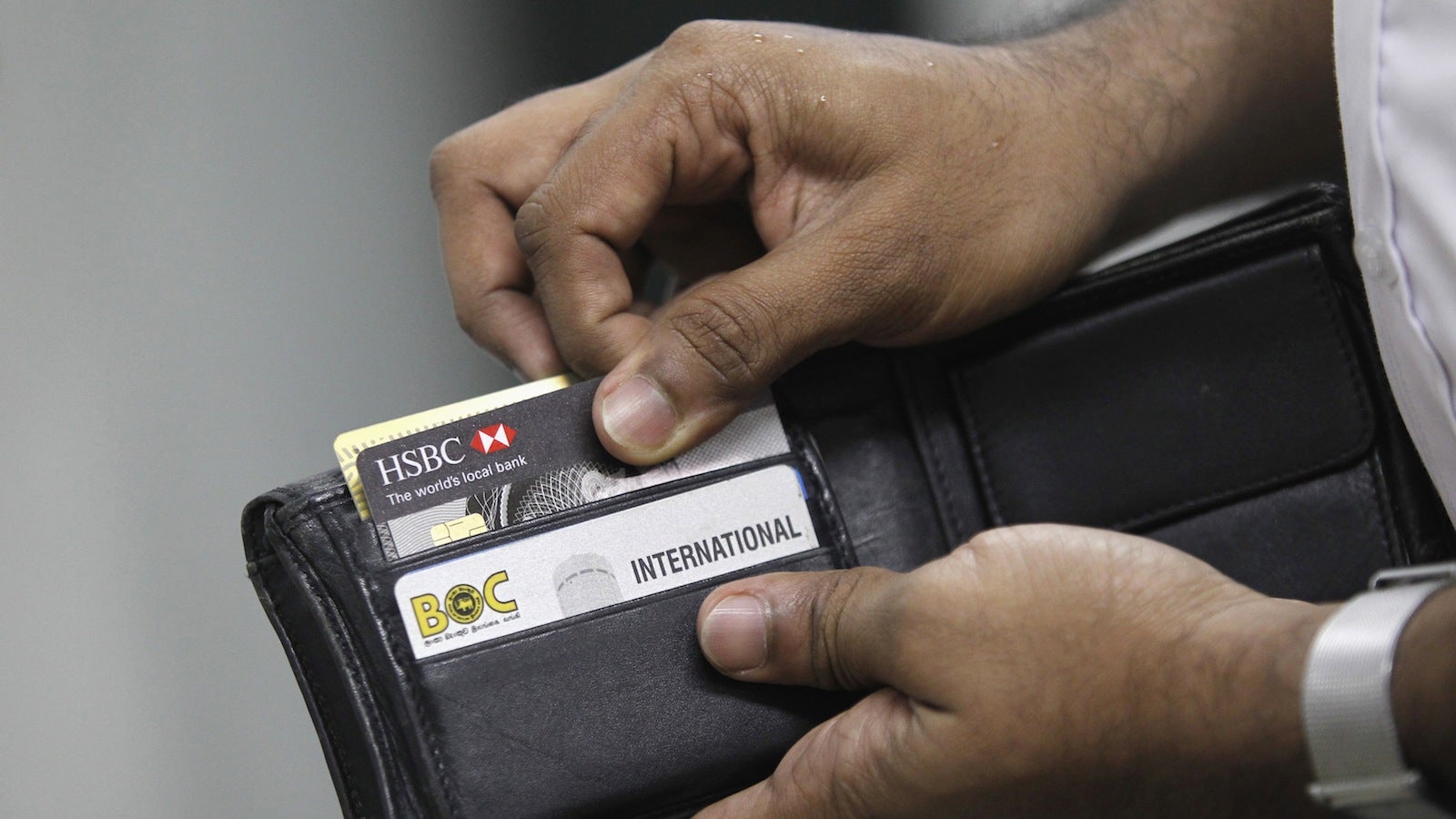Zomato won’t be bringing mobile payments to India anytime soon—thanks to the RBI
Zomato, the restaurant search service and one of India’s fastest growing startups, is now facing the same problem that troubled cab booking service Uber when it first came to the country—the Reserve Bank of India’s credit card payment rules.


Zomato, the restaurant search service and one of India’s fastest growing startups, is now facing the same problem that troubled cab booking service Uber when it first came to the country—the Reserve Bank of India’s credit card payment rules.
But unlike Uber, which eventually found a way to deal with the regulations, Zomato isn’t looking for a solution just yet.
Instead, the Gurgaon-based startup has decided to shelve its plans for launching its mobile payments service in India.
“We are giving India a miss for now,” Zomato’s co-founder Deepinder Goyal told Quartz. “Let’s see if anything happens in future but I don’t think it will,” he added referring to the RBI’s guidelines.
Zomato’s mobile payments application will be debuting in Dubai in January 2015, allowing users to pay their restaurant bills through the app. For each transaction, Zomato will take a share of the bill from the restaurant.
Entering mobile payments and taking a cut on every transaction could have potentially given Zomato’s India operations a substantial boost. In India, the company lists over 60,000 restaurants across 36 cities, with about 12 million monthly visitors.
At the same time, India is also inching towards becoming the second largest smartphone market in the world, even as consumers here are finally getting more comfortable using credit cards.
It could have been the perfect recipe for success, except that the RBI made it mandatory to follow its two-step authentication process on Indian credit cards in August. The central bank asked companies allowing online payments to follow a process that involves the customer manually inputing in a password, which is aimed at making transactions more secure.
That extra step is something startups like Uber aren’t happy about. In a blog post on Nov. 30, the company said:
India’s regulations require every transaction made with an Indian credit card, no matter how small the amount, to include two-factor authentication (2FA). While this requirement is intended to provide more security for consumers, it is an antiquated solution that is cumbersome for consumers and stifling for businesses across India.
To comply with RBI’s guidelines, Uber is now asking Indian users to sign up for PaytM, a mobile wallet it partnered with in November. Customers have to load money on to the wallet and pay their bills through it. In other parts of the world, customers simply walk away from their Uber ride and their credit cards are automatically billed.
Zomato, too, is looking at mobile wallets as a possible solution. But Goyal isn’t entirely convinced. ”That’s a suboptimal experience,” he said.
“India is not a big pie of the business for [us] anymore,” Goyal added. “So while, it is a sizeable opportunity lost, it won’t matter in the longer term.”